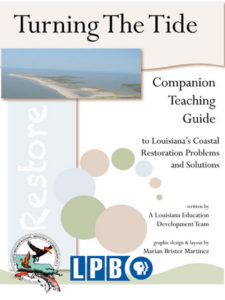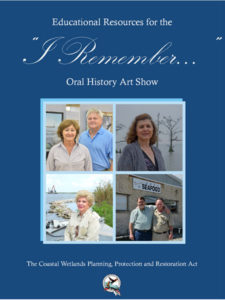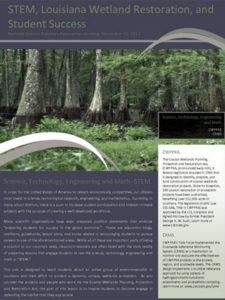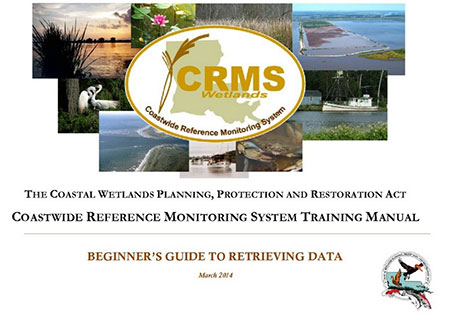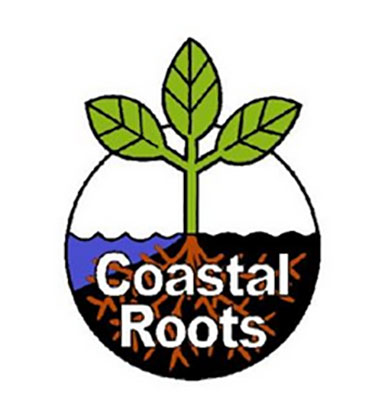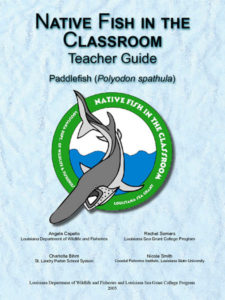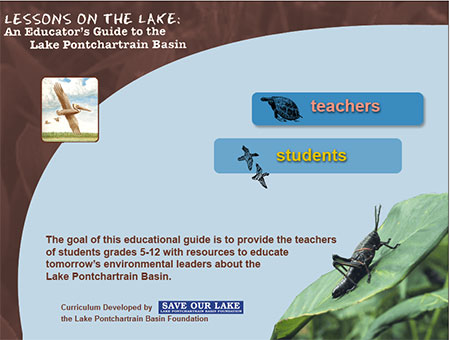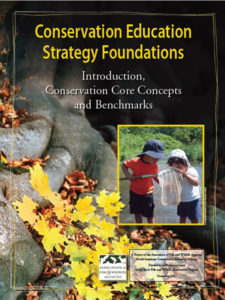Other Curriculum
BTNEP is pleased to share additional curriculum developed by our partners.
In 2011, Louisiana Public Broadcasting premiered its internationally acclaimed film documentary, “Turning the Tide.” The purpose of this curriculum is to encourage students to ask questions and to explore how choices being made today will affect their future. “Turning the Tide” and this companion educational guide encourage students to think about what is at stake in terms of crucial wetland ecosystems, Gulf seafood populations, North American migratory bird and waterfowl populations, the nation’s energy infrastructure and national security, interior navigation and water transport for American produce and goods, and a totally unique American culture.
Many thanks to all of our partners!
Click here to watch the Turning the Tide videos that go to each lesson plan. Turning the Tide
English
The Hullabaloo of Writing a Journal- WET, WILD and Provocatively Honest (11,204 KB, PDF)
Estuary Extra- Producing Your Own Environmental Newspaper (1,402 KB, PDF)
Science
Barrier Islands (15,069 KB, PDF)
Keeping Our Heads Above Water – Success of Restoration Projects (3,915 KB, PDF)
Social Studies
The Great Marsh Dilemma (931 KB, PDF)
Art
Dialogue: Disappearing Wetlands (4,317 KB, PDF)
Geography
How Far Are You From the Sea? The Vertical and Horizontal Truth (14,138 KB, PDF)
Economics
The Dollars and Sense of Coastal Restoration (27,132 KB, PDF)
Compendium
Compendium (404 KB)
This compendium or collection of wetlands resources was created by Dr. Pam Blanchard with LSU and Louisiana Coastal Roots. It is designed to offer educators a guide to the best available resources to enhance and support their educational activities related to the preservation and restoration of Louisiana’s coastal habitats and land. The goal of the compendium is to increase the environmental literacy of teachers and our young citizens and to inspire them to become active stewards of our coastal habitats.
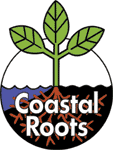
This CWPPRA Oral History Educational Resource companion guide is a selection of compiled materials that has a central motif: teaching the effects of oral history, art, and environmental science inside the classroom or informal education setting. The materials in this packet are for both teachers and students who are interested in using oral history and art as a productive tool in helping to raise awareness and support about ecological issues in the environment around us.
The CWPPRA “I Remember” Oral History project combines the importance of oral history, art, and conservationism within the southern region of Louisiana. Additionally, this curriculum project has incorporated elements of art including: environmental portrait photography that accompanies the oral histories, wetland nature photography, and paintings that tell stories.
We all have stories to tell about our lives. Use this curriculum to help your students tell their stories through oral histories and art.
Cover and Introduction (1,744 KB, PDF)
I Remember… Oral History Supplement (453 KB, PDF)
National visual Arts Standards (239 KB, PDF)
Art
I Remember Art Supplement Introduction (503 KB, PDF)
A Handful of Estuary Critters (2,469 KB, PDF)
Painting in Style – Flowers of the Estuary (1,812 KB, PDF)
We Walk in Beauty – Nature Field Journals (2,469 KB, PDF)
From Sugar Cane Fields to the Easel – The Mystery of George Rodrigue’s Blue Dog (894 KB, PDF)
Honk If You Love the Wetlands (2,469 KB, PDF)
Pass the Word – Designing An Environmental Action Brouchure (161 KB, PDF)
Resources (344 KB, PDF)
Use the CWPPRA Beginner’s Guide to understand and help make lesson plans for the Coastwide Reference Monitoring System.
Lesson plans are designed to help teachers grow out wetland plants for restoration efforts.
Planning Your Coastal Roots Field Trip (137KB, PDF)
Collecting and Organizing Data (276KB, PDF)
Using Graphs to Help Tell a Story
Need Salt on That Mangrove? (169KB, PDF)
Introduction into Serial Dilution
Rooting Into Inquiry (187KB, PDF)
Student-Designed Projects, the Four Question Strategy & Experimental Design Diagram
When the Habitat Gets Salty (217KB, PDF)
Effects of Salt Water Intrusion on Bald Cypress Seedlings
A Southern Bayberry by Any Other Name… (175KB, PDF)
The Science of Names
This resource is full of activities that provide students with hands-on opportunities to experience and appreciate the wonders of the Basin. It also teaches skills to identify environmental concerns, make decisions, solve problems, and acquire a strong sense of stewardship. The second edition of Lessons on the Lake was released in Spring 2002 and is available to teachers in the Pontchartrain Basin free of charge.
The Conservation Education Strategy Tool Kit contains resources developed by the Association of Fish and Wildlife Agencies (AFWA) to support conservation educators who offer fish and wildlife based programs. It includes resources developed as part of AFWA’s Conservation Education Strategy.


